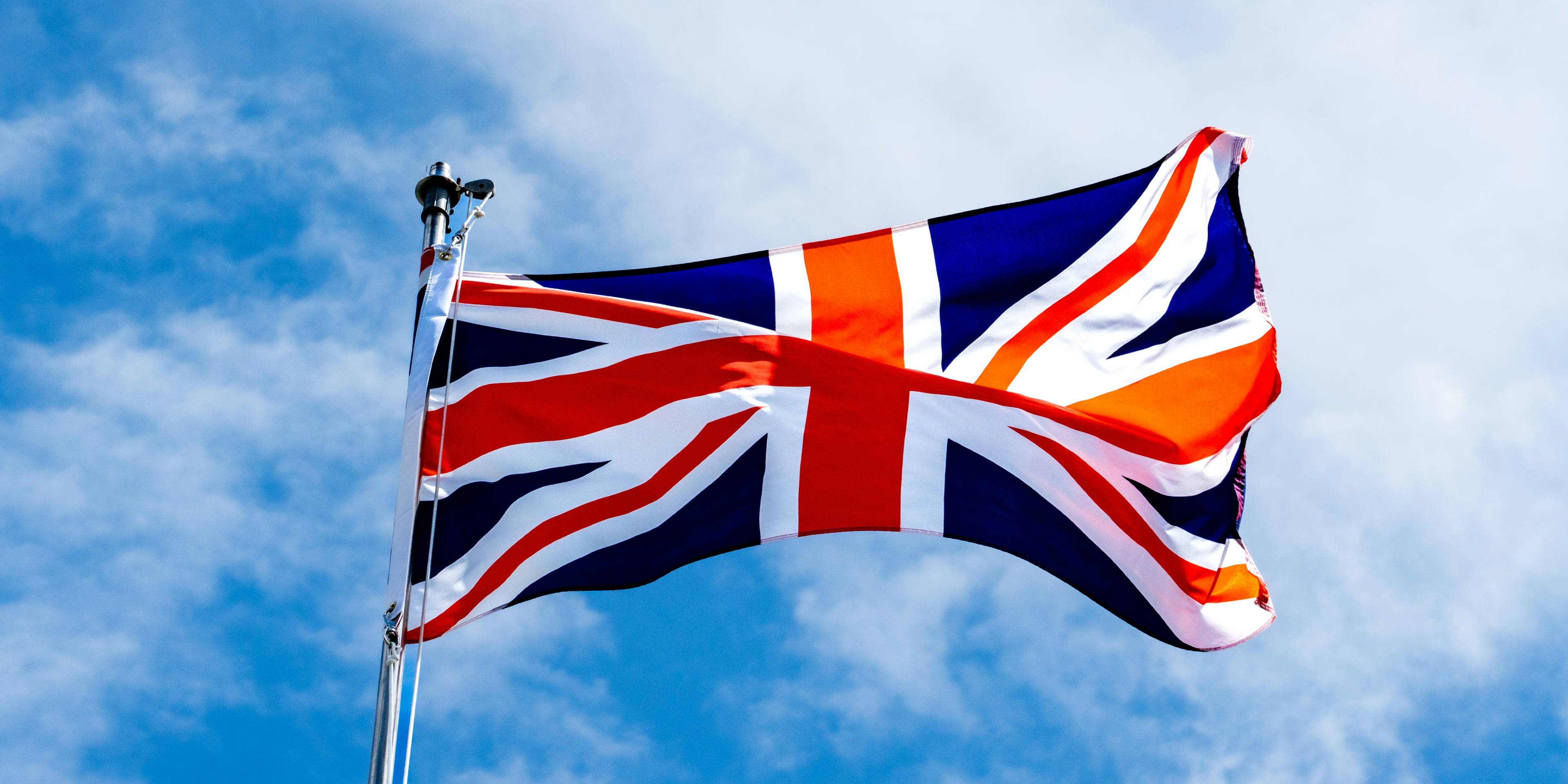Everything you need to know about tax in retirement
Do you, or don’t you, have to pay tax in retirement? Some of your income may be taxable, and some may be tax-free. These are the key tax traps you should know about to stay on top of your taxes.
At a glance
- Paying tax when you’re retired is quite different to paying tax when you’re still working. You may be drawing income from a variety of different sources; all with slightly different tax implications.
- Today, you’ve got far more flexibility in how you plan your retirement income, and how you withdraw it. But there are some retirement tax traps you need to look out for.
- A financial adviser can help you make a tax-efficient plan for your retirement – so you can spend on the things you really want.
Understanding how your tax position changes when you stop working is an important practical step to staying solvent and secure in later life. Once we retire, most of us stop paying into our pensions and start spending them. Others keep contributing, or keep their pension invested for most of their retirement.
In the run-up to retirement, many people have managed to save or invest in a range of different assets over the decades. But the baseline will usually be your pension. And when you do start drawing your pension, your tax situation alters significantly. Bearing in mind that the Pensions and Lifetime Savings Association1 estimates that a couple needs just over £60,000 a year to have a comfortable retirement, it makes sense to save on tax wherever you can.
While you’ll find plenty of opportunity to be tax-efficient, there are also a few tax traps that you need to know.
Will I pay tax on my pensions?
In a nutshell yes, you will pay tax on your pension income – even a state pension – if the amount of pension income received puts you over your personal allowance of £12,570 (for the 2025/26 tax year).
If you have a Defined Benefit (DB) pension (sometimes called a final salary pension), income tax will be deducted at source by your pension provider. If you have a Defined Contribution (DC) pension, you can take money out from age 55, rising to 57 in 2028. The first 25% of a withdrawal is generally tax free, up to £268,275. After that, withdrawals will be taxed at your marginal rate. This means your tax rate will increase if your total income goes over the income tax thresholds of £50,270 (higher rate) or £125,140 (additional rate). You will also begin to lose your personal allowance on a tapered basis if your income exceeds £100,000, which will whittle down to zero once you reach £125,140. If you withdraw a larger sum (greater than your tax-free cash) from your pension in one year, or withdraw it all at once, you could take a big tax hit.
What if I’ve got different types of pension?
If you know that you’re going to have a combination of DC and DB pensions then proper financial advice is essential. That’s because DB pensions generally pay out from a fixed date – one chosen by your pension scheme, not by you. So you might find yourself paying tax earlier in retirement than you actually need to.
Although, in some cases, it is possible to defer this income, taking advice to determine if this is the right thing to do in the long run will mean you don’t miss out. When the income does start, it’s important to know what steps you can take to avoid paying too much tax from the moment you retire.
Will I always pay tax on my pension, no matter what type I’ve got?
If your annual pension income, plus any other income you receive from savings, or part time work, is less than your £12,570 personal allowance, you won’t pay income tax. If you tip over that annual allowance, you will. And don’t forget to build the state pension into your plan, once you reach your state pension age.
Will I pay tax on any other retirement income?
By retirement, many of us have a well-diversified mix of savings, investments and other assets, even part-time earnings. And the tax-trap many fall into is not knowing upfront that some of these income sources are taxed differently. Currently, for example, you can withdraw money from an ISA tax-free. You can currently save up to £20,000 a year into an ISA although the government may look to change ISA allowances or regulations in the 2025 Autumn Budget. The one tax you won’t have to pay when you stop working after reaching the state pension age is personal national insurance.
Those tax advantages alone are a very good reason to spread your assets. If you over-rely on your pension as your main source of income in retirement, you may get hit with a tax bill just because you didn’t realise you could have other options or income streams.
It’s up to you to choose how, and in what order, you draw money from these – you might take a lump sum from an ISA to fund a once-in-a-lifetime trip and keep your pensions to cover your day-to-day living costs. These days, you’re in control of what you live off when you retire and you can turn different income streams on and off to suit your lifestyle. You can work this to your advantage, especially with the help of financial advice.
How do I declare tax on my retirement income?
If you have income from more than one source, you’ll need to declare this clearly on your tax return, so you pay the right amount of tax against each income. Your personal allowance will normally first be applied to your pension or employment income if you’re still working. And the first £1,000 of interest on any cash savings is tax free, thanks to the annual Personal Savings Allowance (PSA). The PSA is £1,000 for basic rate taxpayers, £500 for higher rate taxpayers and no allowance at all for additional rate taxpayers in 2025/26.
Emergency tax – check your tax code!
An emergency tax code may be applied to initial payments from pension schemes. If you are taking a large taxable amount then this could mean that you will pay significant amounts of tax which then need to be reclaimed.
If you see the letters W1, M1 or X on your tax code, you’re on the emergency tax rate. It’s temporary – until HMRC works out what tax code you should be on – but a rebate could mean waiting until the tax year-end.
What to do if you fall into the emergency tax trap
Firstly, don’t panic. Speak to us and we can help you. If you’re taking a regular income from the scheme, then the situation will generally correct itself over the year, and you’ll get the money back without needing to take things further. If you’re taking a one-off payment, then you can reclaim this directly from HMRC. It isn’t difficult to do, but sometimes finding the correct form can be more of a challenge.
Similarly, taking a lump sum, or a higher income from a pension pot could push you up into a higher tax band, particularly if you’re a basic-rate taxpayer hovering below the higher-rate threshold. Just be aware that anything you take over and above the tax-free amount will be taxed as income, however it is drawn. If you’re right on a tax threshold, and are able to stagger your withdrawals over two tax years, you might be able to duck back under the threshold again.
Financial advice helps you have a tax-smart retirement
Nobody wants to pay more tax than they need to, especially in retirement. But tax in retirement can be complex, and the goalposts are always moving, so you need somebody who can red-flag any that might apply to you. We can help you make a tax-efficient plan for retirement income. This can leave you free to spend more of your money on yourself and your family, rather than your tax bill.
Need some help with creating a tax-efficient plan for your retirement? We can help. Get in touch today.
Source
1Pensions and Lifetime Savings Association, Retirement Living Standards report developed in partnership with Loughborough University Research faculty 2024 and updated in June 2025.
The value of an investment with St. James's Place will be directly linked to the performance of the funds selected and may fall as well as rise. You may get back less than the amount invested.
The levels and bases of taxation and reliefs from taxation can change at any time and are generally dependent on individual circumstances.
You can also access free impartial pensions guidance from the Pension Wise website or you can book an appointment over the telephone 0800 011397.






